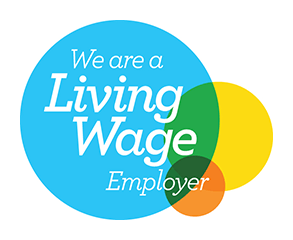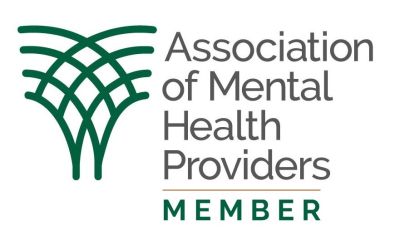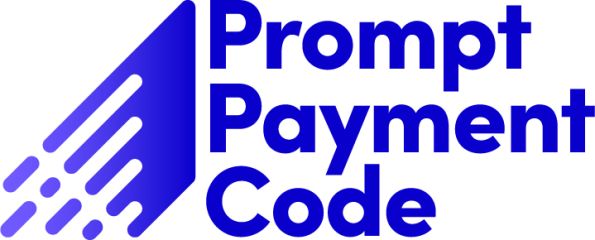Similar to other health, social care, and voluntary services, in March 2020, almost overnight, the way independent advocacy support was delivered had to shift dramatically. The coronavirus pandemic required an urgent and immediate response which, at the time had meant changing the sector’s usual and preferred approach to supporting people. It also shone a light on and exacerbated inequalities. There has been avoidable loss of life and many people have experienced dreadful conditions. Now, as we move forward in our ‘new normal’, effective advocacy is ever more important as a tool to make sure that people’s voices are heard, inequality is addressed, and rights are respected.
From the start of national lockdown, a group of advocacy organisations from across England and Wales came together and have been meeting regularly to support each other and lead the sector through the crisis.
We knew from our own experiences of delivering advocacy that people who use health and social care services were being specifically disadvantaged by the restrictions we all faced.
This led to the National Advocates Survey and the collection of data to enable us to evidence how people and advocacy services were being impacted and responding.
Subsequently, these Advocacy Principles have been developed by advocacy providers, for advocacy providers. They take into account what we learned from the advocacy survey and our experiences of recent months. They are designed to shape our collective responses and make sure that no-one who needs our support is left out, that people’s rights are respected, and nobody goes unheard. They reaffirm our commitments to:
- upholding people’s rights and amplifying people’s voices
- communicating effectively
- equality and positive anti-discriminatory action
- accessibility
- promoting systemic change
This a consensus statement of principles that reflects our current understanding. We will build on and adapt these principles as our understanding changes.
If you would like your organisation to endorse these principles, then please contact advocacy@ndti.org.uk













